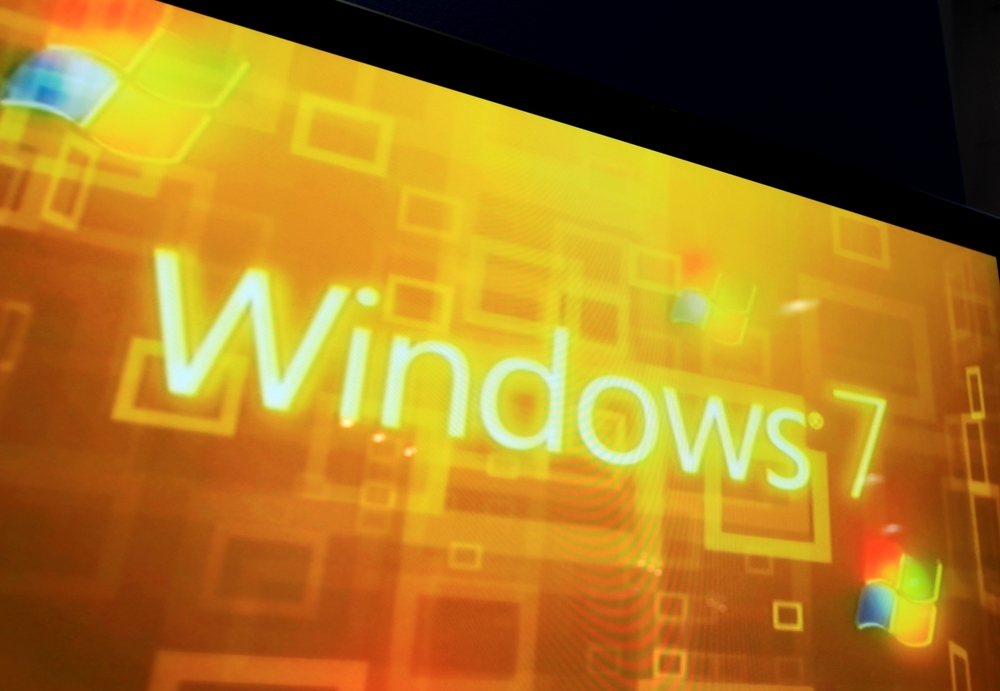Most Antivirus Vendors Will Support Windows 7 Until 2022, but Should You?
Probably not.

According an AV-Test report shared Tuesday, most antivirus vendors have not announced an official end-date for their support for Windows 7, which hit end of life (EoL) on January 14. However, many will support the operating system (OS) for at least another two years.
Google was one of the first to announce that its Chrome browser will support Windows 7 at least until July 2021. Now antivirus vendors are promising even longer support timeframes with no official end date in sight. That means that two years could very well turn into three or four, depending how popular Windows 7 remains.
It’s not too out of the ordinary for antivirus vendors to support a dated OS for this long because the more time passes, the more vulnerable Windows 7 will be.
If you want to find out how long your antivirus will support Windows 7, see the full list here.
Many Users Are Still on Windows 7
Businesses and personal users, (including overclockers) that have stuck to using Windows 7 make up a quarter of the total Windows installed base, even after Microsoft announced that it officially ended support for the OS. The Windows XP situation seems to be repeating itself. Back when Microsoft officially ended support for that OS, about a quarter of Windows users kept the OS for a few more years.
Microsoft is also going to continue to support service systems that use Windows 7 until 2023.
That said, it’s possible Microsoft will still provide an update to Windows 7 if there are serious vulnerabilities. It has already done this for Windows 7 and also did so with Windows XP.
Get Tom's Hardware's best news and in-depth reviews, straight to your inbox.
Should You Use Windows 7 for Another Two Years?
Windows 10 has been long criticized for some of its UX issues and the seemingly bad quality and assurance that ends in a stream of bugs accompanying major updates. Another issue has been Windows 10's pervasive tracking, including some enabled by default and others you can't even disable. As such, it's understandable why some people may not be in a hurry to switch to Microsoft's latest OS.
However, unless you've implemented a bunch of additional protections on Windows 7 that you're confident can generally keep you just as safe as software patches would (browsing in a Linux virtual machine, for instance), then relying on antivirus software won't be enough.
Antivirus programs will mainly protect you against malware that's already been in the wild for some time and discovered by antivirus companies. However, even then malicious actors could exploit OS/kernel-level bugs to cripple antivirus protection.
Therefore, most people should consider switching either to the latest Windows 10, which you can still get for free by upgrading from a Windows 7 license, or switch to a different OS from another vendor (Linux distros, macOS, Chrome OS, et cetera).
Lucian Armasu is a Contributing Writer for Tom's Hardware US. He covers software news and the issues surrounding privacy and security.
-
riesengebirge Most serious tech sites choose not to accept money from Microsoft and refrain from writing fearmongering "articles" like this one, but Should You?Reply